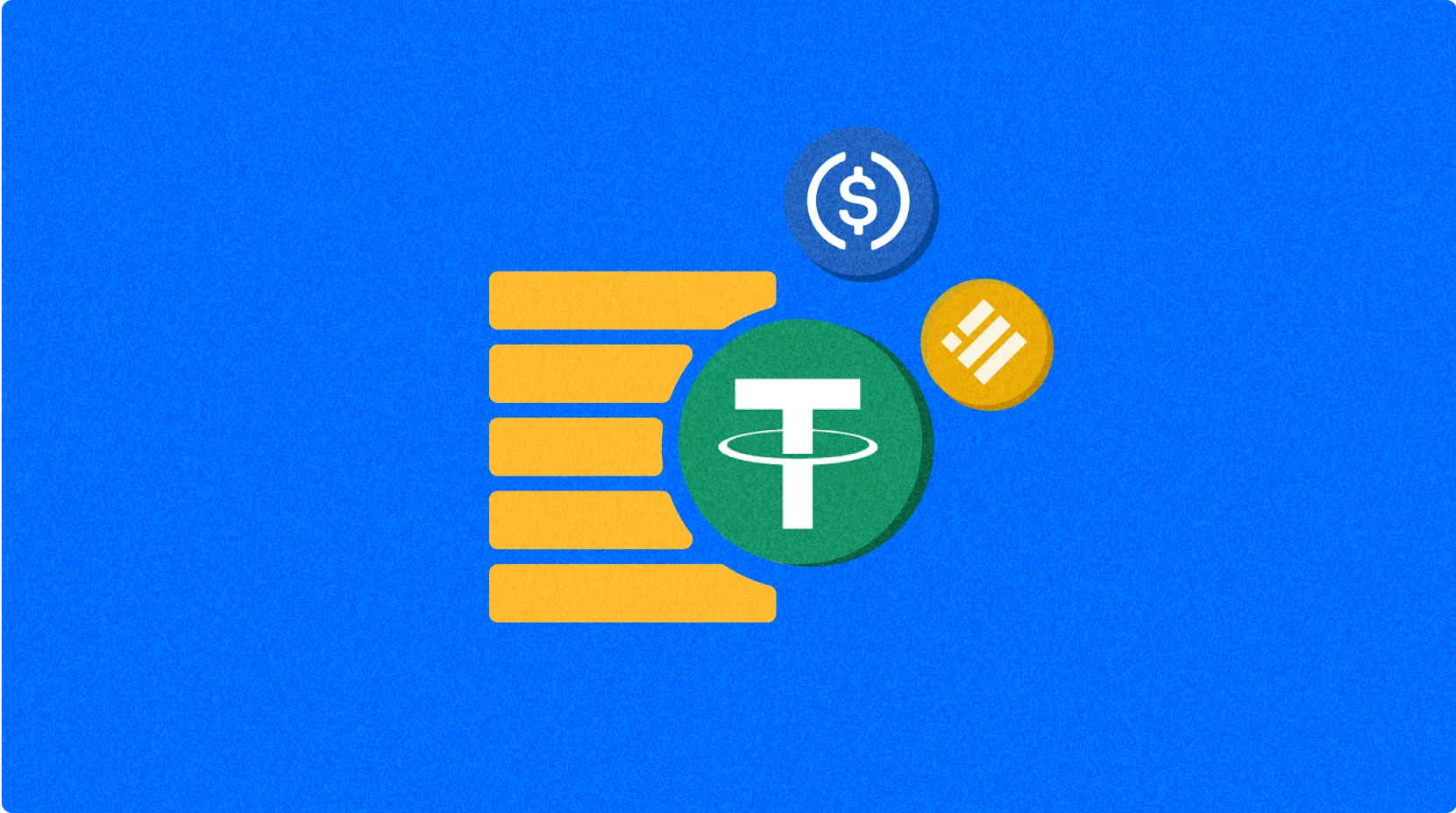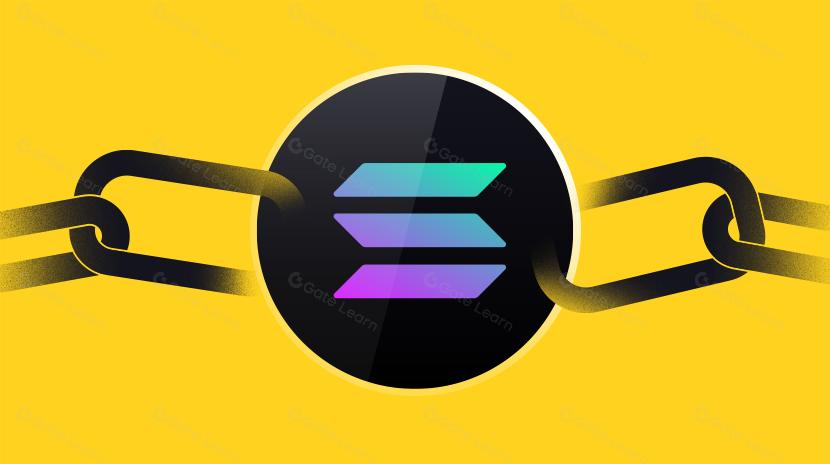Nick Szabo

Nick Szabo is a pioneering computer scientist, cryptographer, and legal scholar widely recognized as an early contributor to cryptocurrency and smart contract concepts. He first proposed the idea of "smart contracts" in 1996, describing them as contractual protocols that could be executed digitally. Szabo's work laid important theoretical foundations for modern blockchain technologies such as Bitcoin and Ethereum, although he has maintained a low profile with few public appearances.
Nick Szabo's background traces back to the 1990s when he was active in the cypherpunk movement, a community dedicated to advancing privacy and digital freedom through cryptography. Beyond the concept of smart contracts, he designed a decentralized digital currency system called "Bit Gold" in 1998, which incorporated many key elements later adopted by Bitcoin, such as proof-of-work mechanisms and an immutable chain of transaction records. Because of these contributions, some have speculated that Szabo might be Satoshi Nakamoto, the founder of Bitcoin, although he has repeatedly denied this claim.
The working mechanism of smart contracts proposed by Nick Szabo is built upon principles of cryptography and distributed systems. His vision was to create a form of contract that could execute automatically without intermediaries, triggering predefined actions when specific conditions are met through preset code logic. This mechanism leverages the immutability of blockchains to ensure contract terms cannot be unilaterally altered, while using distributed network consensus to guarantee transparent and verifiable execution processes. The basic flow of smart contracts includes: digital encoding of contract terms, monitoring of trigger conditions, automatic execution when conditions are met, and permanent recording of outcomes. Modern smart contract platforms like Ethereum have implemented this concept and extended it as infrastructure supporting decentralized applications (DApps).
Despite the widespread application of Nick Szabo's ideas in today's blockchain world, their implementation faces numerous challenges. First, smart contract code is difficult to modify once deployed, meaning any design flaws or vulnerabilities may become permanently embedded, potentially causing serious losses, as demonstrated by the infamous Ethereum DAO incident in 2016. Second, the interfaces between smart contracts and the real world—Oracle systems—present single points of failure that can be manipulated or provide incorrect information. Additionally, the legal status of smart contracts remains unclear globally, with ongoing debates about their compatibility with traditional contract law and applicability in cross-border transactions. At the technical level, blockchain scalability limitations also constrain the execution efficiency and application scale of complex smart contracts.
Nick Szabo's contributions have profoundly influenced the blockchain and cryptocurrency industry. His smart contract concept has not only spawned projects focused on programmable blockchains like Ethereum but also guided the development of innovative applications such as Decentralized Finance (DeFi), Non-Fungible Tokens (NFTs), and Decentralized Autonomous Organizations (DAOs). As a cross-disciplinary thinker, Szabo integrated knowledge from computer science, economics, and law to design entirely new interaction models for the digital economy. Though he maintains his mystique, his ideas continue to influence industry development through his blog posts and academic papers. In today's evolving cryptocurrency ecosystem, Nick Szabo's early insights remain forward-thinking and instructive, proving him to be a true pioneer in this field.
Share
Related Articles

The Future of Cross-Chain Bridges: Full-Chain Interoperability Becomes Inevitable, Liquidity Bridges Will Decline

Solana Need L2s And Appchains?
